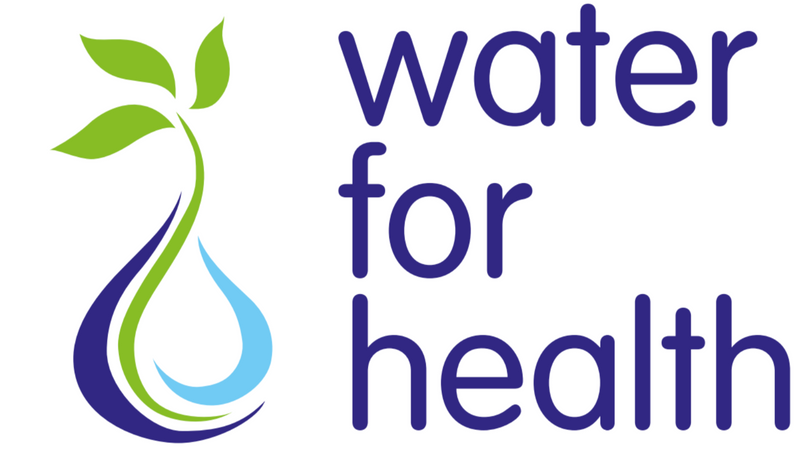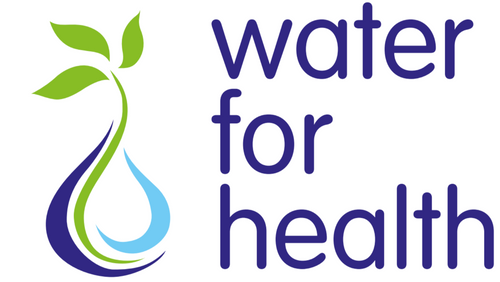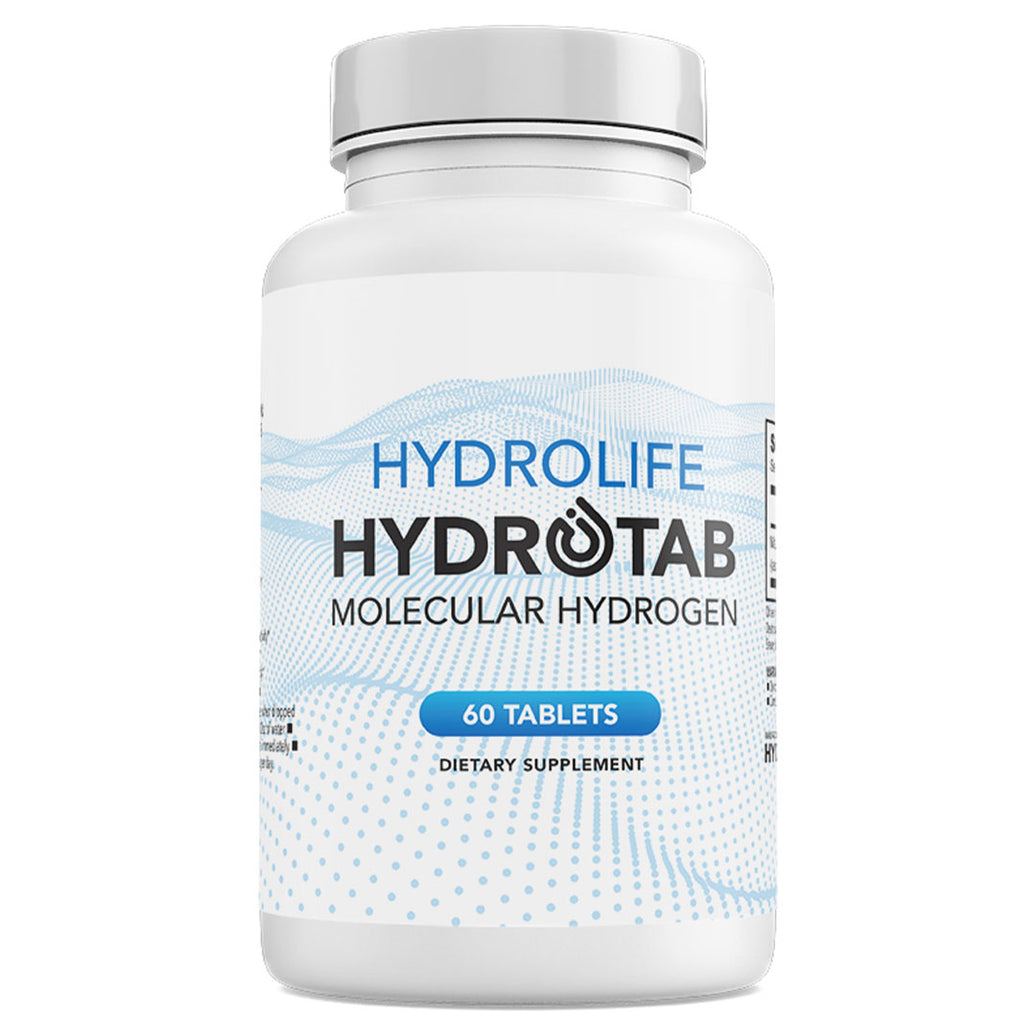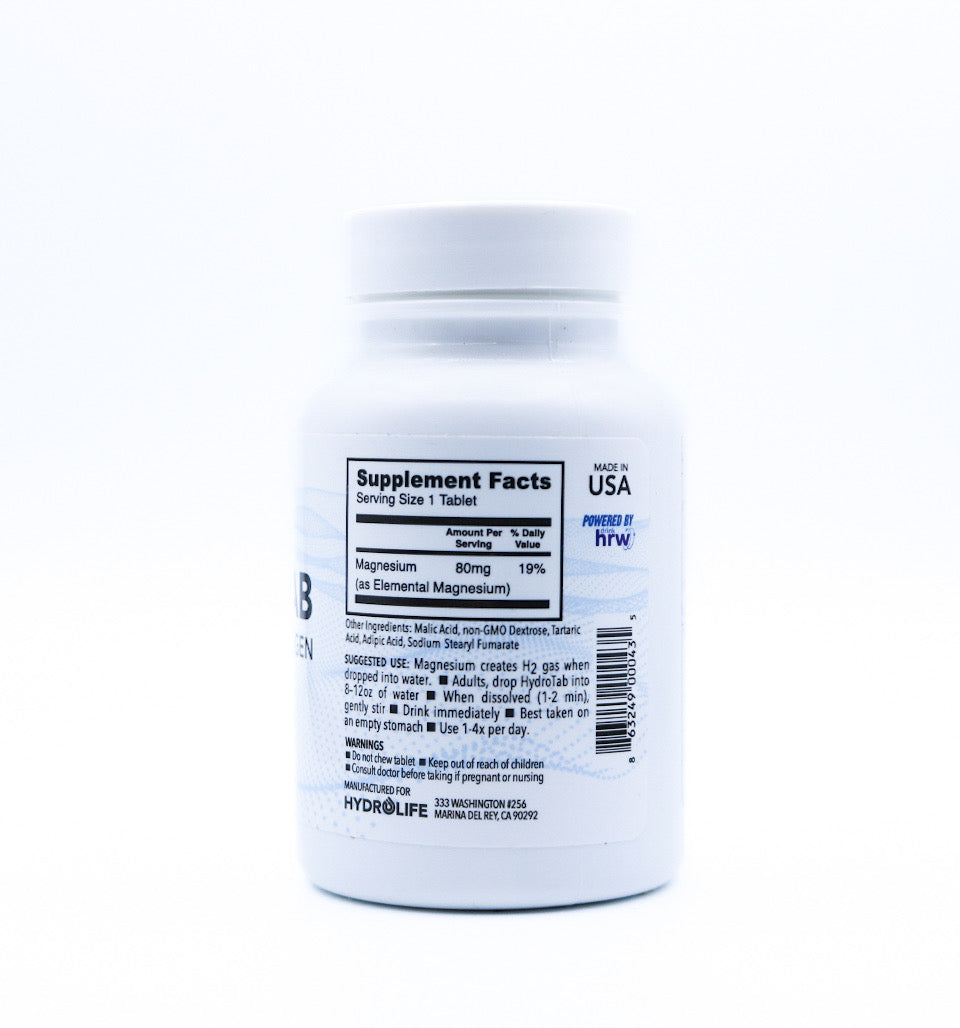Polycystic Ovary Syndrome (PCOS) is a common hormonal disorder affecting women, with implications for fertility and overall health. This guide dives deep into the types of PCOS, their diagnosis, and expert insights to help you understand and manage this condition effectively.
What is PCOS?
PCOS affects approximately 1 in 10 women of reproductive age, making it a significant concern for women's health. It is characterised by a set of symptoms resulting from a hormonal imbalance, which can impact menstrual cycles, and fertility, and increase the risk of other health issues such as type 2 diabetes and cardiovascular disease.
The Four Types of PCOS
Dr. Lara Briden, a leading expert in the field of reproductive health, has classified Polycystic Ovary Syndrome (PCOS) into four distinct types (1), each characterised by unique causes and treatment considerations that cater to the diverse experiences of women affected by this condition:
Recognising Signs and Symptoms
1. Classic PCOS
Description: This type is often identified by elevated androgen levels, which can lead to common symptoms such as acne, excessive hair growth (hirsutism), irregular menstrual cycles, and the presence of polycystic ovaries on ultrasound. Women with this type may also experience difficulties with weight management.
Causes: Classic PCOS is primarily linked to genetics as well as insulin resistance, which can disrupt hormonal balance and metabolic processes.
Treatment: Management strategies focus on regulating insulin levels through a combination of dietary modifications, regular exercise, and potential medications like inositol or berberine to improve insulin sensitivity and restore menstrual regularity. In some cases, the drug Metformin has been used also.
2. Inflammatory PCOS
Description: Women with this type may present with symptoms that include chronic inflammation, fatigue, and skin conditions such as eczema or psoriasis, which often indicate underlying inflammation in the body. They may also struggle with weight gain and other metabolic issues.
Causes: Inflammatory PCOS is driven by various lifestyle factors, including poor diet, high-stress levels, and lack of physical activity, which contribute to chronic low-grade inflammation.
Treatment: An anti-inflammatory diet rich in whole foods, omega-3 fatty acids, and antioxidants, along with lifestyle changes such as stress management techniques and regular exercise, are recommended to help reduce inflammation and improve overall health.
3. Adrenal PCOS
Description: High levels of stress can cause the adrenal glands to produce more androgens than they need to, leading to adrenal PCOS. Similar symptoms of PCOS are caused by this type.
Causes: This type is caused by high stress levels - both emotionally and physically. Signs are observed through testing and monitoring the hormones produced by the adrenal glands typically cortisol and DHEA-S.
Treatment: Lifestyle and diet interventions are key here. As the goal is to bring down cortisol and DHEA-S.
4. Post-Pill PCOS
Description: This type occurs in women after discontinuing hormonal birth control pills, which can lead to a temporary surge in androgen levels, causing symptoms such as irregular menstrual cycles, acne, and weight gain. It is often a jarring transition for those who previously had regulated cycles on the pill.
Causes: The primary cause is the abrupt discontinuation of hormonal birth control, which can disrupt the natural hormonal balance and lead to a rebound effect.
Treatment: Post-Pill PCOS often resolves on its own over time as hormonal levels stabilise, but during this transition, the focus should be on restoring hormonal balance and supporting natural cycle regulation through lifestyle adjustments and, if necessary, natural supplements.
Understanding these distinct types of PCOS allows for more personalised and effective treatment approaches, empowering women to manage their symptoms and improve their overall quality of life.
The symptoms of PCOS can vary but often include (2):
- Irregular menstrual periods or no periods at all.
- Acne and oily skin.
- Weight gain and difficulty losing weight.
- Excessive hair growth on the face and body (hirsutism).
- Thinning hair on the scalp.
Early recognition and diagnosis are crucial as untreated PCOS can lead to long-term health issues.
Importance of Early Diagnosis and Treatment
Early diagnosis allows for effective management and reduces the risk of long-term complications. Treating PCOS can help manage symptoms, support fertility, and protect against health risks like type 2 diabetes and heart disease.
Step-by-Step Guide to Getting Accurately Diagnosed
1. Comprehensive Health History
Discuss your health history with a functional doctor, including menstrual cycles, weight changes, and any family history of hormonal disorders.
2. Physical Examination
Your functional doctor may conduct a physical exam to check for hirsutism, acne, and other physical signs of hormonal imbalance.
3. Blood Tests
Tests may include hormone levels, glucose tolerance, and lipid profiles to assess insulin resistance and androgen levels.
4. Ultrasound
An ultrasound can help visualise the ovaries and check for cysts, a common feature of PCOS. However, cysts on the ovaries do not always mean a woman has PCOS and when a woman does not have cysts on her ovaries it does not mean she doesn’t have PCOS, especially if she has other symptoms present (3).
5. Anti-Müllerian Hormone (AMH) Testing
AMH testing can provide insights into ovarian reserve and help in diagnosing PCOS.
Preparing for Your Doctor's Visit

Bring a Symptom Diary: Document your symptoms, menstrual cycle, and any other relevant information.
Questions to Ask Your GP: Inquire about the potential causes of your symptoms, tests you may need, and treatment options.
Discuss Lifestyle Factors: Talk about your diet, exercise routine, and stress levels, as these can influence PCOS symptoms.
Expert Insights and Medical Opinions
Challenges in Diagnosis
Leading gynaecologists highlight the need for comprehensive evaluations due to the complex nature of PCOS. Misdiagnosis is common, and a holistic view of symptoms and test results is vital for accurate diagnosis. Mention two types of diagnostic methods.
Advances in Diagnosis
Recent research emphasises the role of AMH and ultrasound as diagnostic tools. These advancements help in understanding the underlying causes of PCOS and tailoring treatments.
Lifestyle and Complementary Therapies
Experts recommend a multifaceted approach to managing PCOS, including:
Diet: A balanced diet rich in whole grains, lean proteins, and healthy fats can help manage insulin levels.
Exercise: Regular physical activity helps in reducing insulin resistance and maintaining a healthy weight.
Stress Management: Techniques such as yoga and meditation can reduce stress, which may exacerbate PCOS symptoms.
Personal Stories and Community Insights
Connecting with others who have PCOS can provide support and shared experiences. Many women find comfort in learning that they are not alone and that others have navigated similar journeys.
Ensure You Are Correctly Diagnosed for PCOS
Understanding PCOS and seeking early diagnosis can empower you to take control of your health. If you suspect you have PCOS, consult with your GP and consider reaching out to specialists for comprehensive care.
To learn more and connect with a community that shares your experience, consider joining PCOS support groups and forums. Remember, managing PCOS effectively requires a combination of medical care, lifestyle changes, and community support.
For more information, visit NHS PCOS Information or schedule an appointment with a healthcare provider to discuss your symptoms and concerns.
Written by Amy Morris, BSc (Hons) Nutritional Therapy. Amy has been a nutritional therapist for 12 years, specialising in recent years as a functional medicine nutritional therapist. Women’s health, and pre-diabetes and type 2 diabetes prevention are Amy’s specialist areas. Diagnosed with a chronic condition called endometriosis at age 20, this is what motivated Amy to study nutrition. Amy has been in remission for 6 years now, attributing powerful nutrition, lifestyle and bio-identical hormone strategies she now shares with her clients.
Water for Health Ltd began trading in 2007 with the goal of positively affecting the lives of many. We still retain that mission because we believe that proper hydration and nutrition can make a massive difference to people’s health and quality of life. Click here to find out more.
References:
- “4 Myths about PCOS and Why They Are Wrong.” The University of Sydney, www.sydney.edu.au/news-opinion/news/2020/02/27/4-myths-about-pcos-and-why-they-are-wrong.html.
- Briden, Lara. “4 Types of PCOS (a Flowchart).” Lara Briden - the Period Revolutionary, 19 June 2019, www.larabriden.com/4-types-of-pcos-a-flowchart/.
- Mayo Clinic. “Polycystic Ovary Syndrome (PCOS) - Symptoms and Causes.” Mayo Clinic, 8 Sept. 2022, www.mayoclinic.org/diseases-conditions/pcos/symptoms-causes/syc-20353439.
























